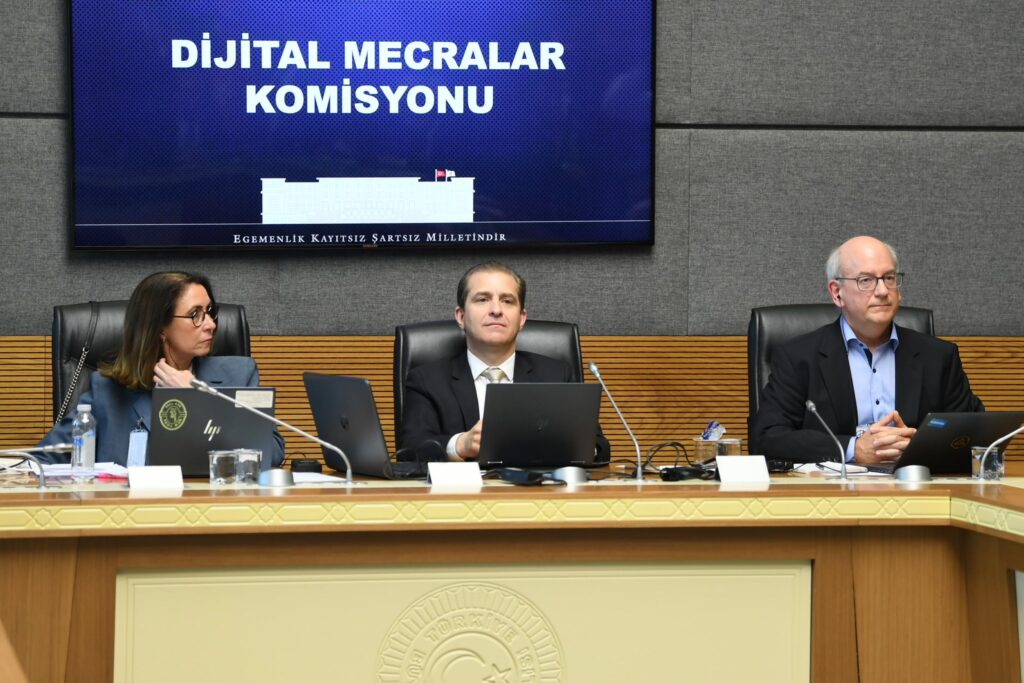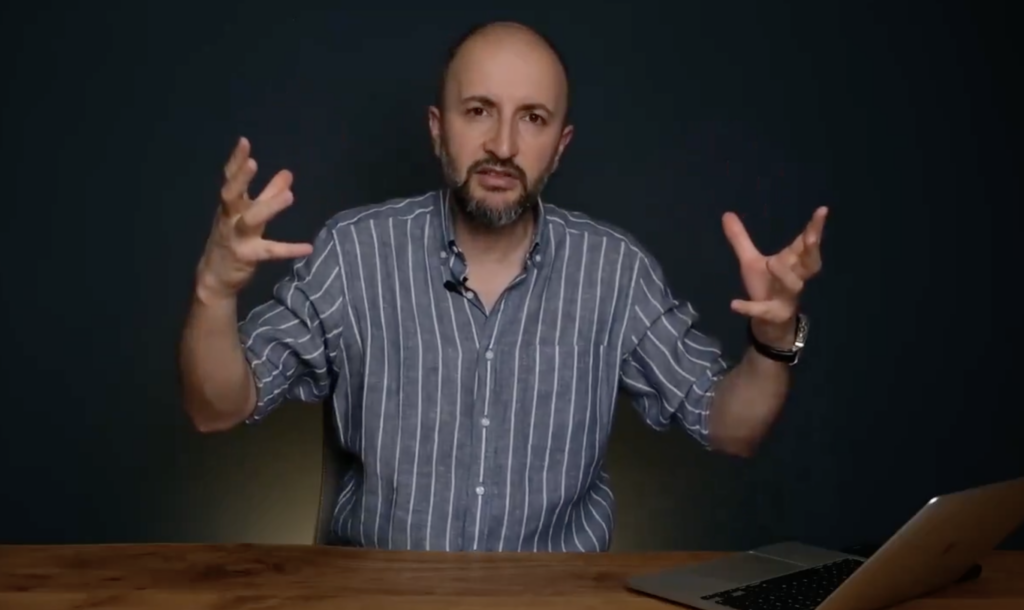Levent Kenez/Stockholm
In early 2025 sweeping algorithm changes by Google and its subsidiary YouTube significantly diminished the visibility of independent media outlets and critical voices in Turkey and abroad, sparking outrage among journalists, lawmakers and press freedom advocates.
The move coincided with the Turkish government’s intensified crackdown on dissent, leading critics to question whether global tech giants are complicit in undermining freedom of expression in one of the world’s most restrictive media environments.
News platforms such as T24, Medyascope, Diken and BirGün reported drastic drops in their digital reach after Google’s January 2025 algorithm update. These media outlets, which rely heavily on Google Discover and Google News to reach their audiences, said the changes cut their traffic by up to 80 percent, endangering their financial viability.
The issue triggered a contentious session in the Turkish Parliament’s digital media committee, where lawmakers grilled Google representatives, criticizing Google’s lack of transparency and calling the algorithm changes “a veiled form of censorship.”
The algorithm-induced decline in visibility has placed a heavy financial strain on independent media outlets, many of which rely on digital traffic for survival. The situation has intensified calls for greater transparency around how tech platforms determine content rankings amid growing concern that companies like Google are exercising disproportionate control over public access to information.
The situation has grown more complex due to the Turkish government’s own actions. In 2024 the country’s media regulator RTÜK mandated that all YouTube broadcasters obtain licenses, a move denounced by human rights organizations as a tool for digital censorship.

Several prominent exiled journalists previously reported sharp declines in reach. US-based investigative journalist Adem Yavuz Arslan and Sweden-based journalist Bülent Korucu both said their YouTube channels have been de-ranked or de-listed. Their content is now harder to find despite no violations of YouTube’s guidelines.
Similarly, Turkish outlets Halk TV and Sözcü say they have been hit hard by Google’s algorithm changes. Halk TV reported a 50 percent drop in search visibility, while Sözcü’s monthly traffic fell from more than 20 million to below 10 million. Both outlets allege that Google’s systems now prioritize pro-government media.
The Turkish Parliament session on May 8 descended into chaos as opposition lawmakers accused the government of using Google’s algorithm changes to suppress dissent.
“You are silencing the free press just like you silenced Mayor Ekrem İmamoglu,” shouted opposition lawmaker Murat Emir during a heated exchange. Emir’s demands to open a formal procedural debate on censorship were repeatedly denied, prompting protests and interruptions.
“We are witnessing the coordinated suffocation of Turkey’s democratic voices,” Emir said. “What we are seeing here is not just algorithmic suppression, it is digital authoritarianism.”
Google representatives defended the updates, saying the algorithm changes were global, technically driven and not designed to target specific outlets or political views.
“We aim to improve content quality and user experience,” said Johannes Müller, Google’s search relations lead based in Switzerland. “The updates are global in nature and not targeted. No single outlet is being punished.”
Müller insisted that the ranking system is governed by complex, evolving technical criteria such as page load time, mobile compatibility and content quality and that publishers are encouraged to adapt to maintain visibility.
Still, critics noted that the algorithm’s effects have disproportionately hurt Turkish opposition media and journalists abroad, including Cevheri Güven.
Güven, a prominent investigative journalist living in exile in Germany, has also seen his YouTube channel throttled in recent months. Known for exposing high-level corruption and intelligence operations, Güven reports that his videos are no longer appearing in search or recommendations despite growing viewership.
In April 2025 access to his YouTube channel was reportedly restricted in Turkey at the request of local authorities. His X account was also subjected to shadow banning, according to digital watchdog groups.

“The Turkish government cannot reach me physically,” Güven said in a recent statement, “but they are now using global platforms to silence me virtually.”
These developments come amid heightened political repression in Turkey. In March Istanbul Mayor Ekrem İmamoglu, a leading opposition figure, was arrested on controversial corruption charges. His X account was subsequently blocked in Turkey for allegedly inciting unrest, a decision based on the broadly defined Article 8/A of Turkey’s Internet Law (No. 5651).
At the same parliamentary hearing, Emir condemned İmamoglu’s arrest as unconstitutional and politically motivated.
“The judiciary is being used as a weapon,” he said. “We now have a system where one post criticizing the government can land you in jail or get your entire online presence shut down.”
The arrest of İmamoglu led to nationwide protests, with nearly 1,900 people including journalists and students reportedly detained.
Turkey’s deteriorating media environment has drawn condemnation from international watchdogs. Reporters Without Borders and the Committee to Protect Journalists have called on Google to explain its role in the declining reach of independent Turkish media.
“The alignment of tech platforms with authoritarian demands is alarming,” said one media rights expert. “Algorithms should not become the new censorship apparatus.”
In response to growing criticism, Google has pledged to “listen and engage” with local publishers. However, no concrete measures have been announced.
Since 2019 the government of Turkish President Recep Tayyip Erdogan has successfully introduced several bills in parliament that posed significant sanctions threats to social media platforms. The government aimed to regulate these platforms through penalties and access bans. Moreover, it employed a kind of carrot-and-stick strategy by advertising heavily on these platforms, in addition to using the threat of punitive measures, to exert its influence.
Google was the first global company to announce that it would cooperate with the government. Nordic Monitor previously reported that Gönenç Gürkaynak, who represents Google and its YouTube service as well as X in Turkey, said in a statement in parliament that he managed to break the hesitation felt by global social media companies to comply with the new Turkish law, which was adopted to further crack down on criticism of the Erdogan government.
“I can proudly say that [Google] was one of the first companies to [comply with the new law],” Gürkaynak told lawmakers on December 2, 2021, bragging about how his client rushed to meet the demands of the Turkish authorities.












